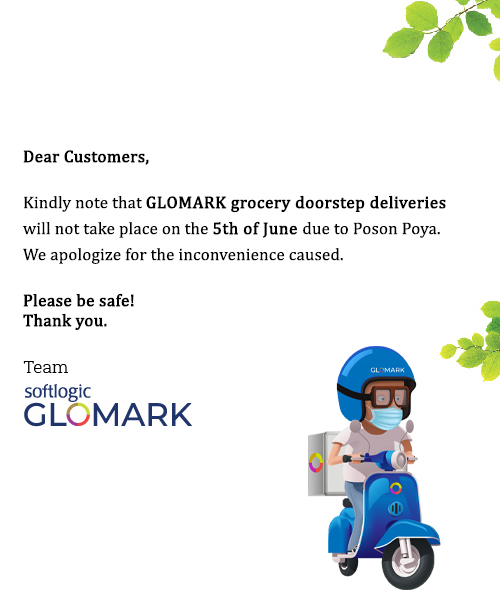How does Dilmah Tea positively affect your health?
The Origins of Tea
The habit of drinking tea and growing tea as a crop originated in the 6th century AD, in China and gradually spread to its bordering countries, and much further. Considered as a medicinal drink in its early years, the habit of drinking tea gradually transitioned into a communal drink over the subsequent years.
How important is your daily cup of tea?
Scientific research confirms what Asians have believed for centuries - that green and black tea contain powerful natural antioxidants which can protect regular tea drinkers from many degenerative diseases and help boost immunity.
Today, the main degenerative diseases of concern are heart disease, high blood pressure, stroke, cancer and diabetes. Studies have shown that the antioxidant activity of flavonoids in green and black tea reduces the risk of these degenerative diseases, and also indicates that the polyphenolic goodness in fresh tea can boost immunity, due to its antiviral properties.
Experts recommend drinking 3 - 4 cups of tea a day, over a long period of time, to reap the most of its health benefits.
Dilmah Tea – Do Try It!
In the 1950s, it was the inequality within the global tea trade that motivated Dilmah Founder, Merrill J. Fernando, to start a tea brand that values the people of the Ceylon Tea trade, and those who enjoy this cuppa, equally.
The trade was defined by colonialism, and the birth of Dilmah was a paradigm shift – the assurance of Taste & Goodness for customers, and ethical Purpose for producers and their natural environment. The world’s first genuinely ethical Ceylon Tea, was therefore handpicked and packed at source for purity and antioxidant goodness - and shipped direct to tea consuming countries.
This made it possible for the Dilmah Founder to make his business a matter of human service by sharing its earnings with the people who crafted his tea through the Merrill J. Fernando Charitable Foundation, and promote biodiversity, conservation and climate action through Dilmah Conservation.
Find Dilmah Tea at Glomark: https://glomark.lk/search?search-text=dilmah
The Origins of Tea
The habit of drinking tea and growing tea as a crop originated in the 6th century AD, in China and gradually spread to its bordering countries, and much further. Considered as a medicinal drink in its early years, the habit of drinking tea gradually transitioned into a communal drink over the subsequent years.
How important is your daily cup of tea?
Scientific research confirms what Asians have believed for centuries - that green and black tea contain powerful natural antioxidants which can protect regular tea drinkers from many degenerative diseases and help boost immunity.
Today, the main degenerative diseases of concern are heart disease, high blood pressure, stroke, cancer and diabetes. Studies have shown that the antioxidant activity of flavonoids in green and black tea reduces the risk of these degenerative diseases, and also indicates that the polyphenolic goodness in fresh tea can boost immunity, due to its antiviral properties.
Experts recommend drinking 3 - 4 cups of tea a day, over a long period of time, to reap the most of its health benefits.
Dilmah Tea – Do Try It!
In the 1950s, it was the inequality within the global tea trade that motivated Dilmah Founder, Merrill J. Fernando, to start a tea brand that values the people of the Ceylon Tea trade, and those who enjoy this cuppa, equally.
The trade was defined by colonialism, and the birth of Dilmah was a paradigm shift – the assurance of Taste & Goodness for customers, and ethical Purpose for producers and their natural environment. The world’s first genuinely ethical Ceylon Tea, was therefore handpicked and packed at source for purity and antioxidant goodness - and shipped direct to tea consuming countries.
This made it possible for the Dilmah Founder to make his business a matter of human service by sharing its earnings with the people who crafted his tea through the Merrill J. Fernando Charitable Foundation, and promote biodiversity, conservation and climate action through Dilmah Conservation.
Find Dilmah Tea at Glomark: https://glomark.lk/search?search-text=dilmah









